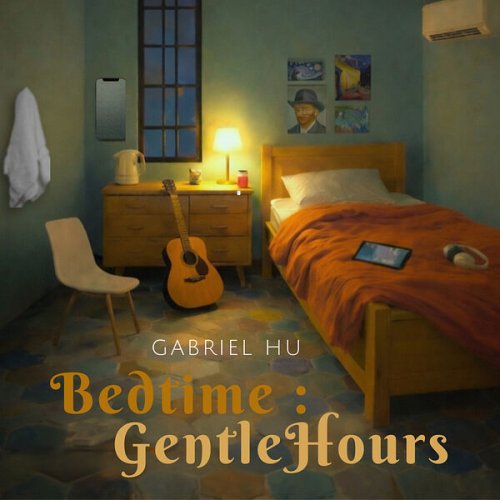Hausmusik - Mozart: String Quintets (1993)
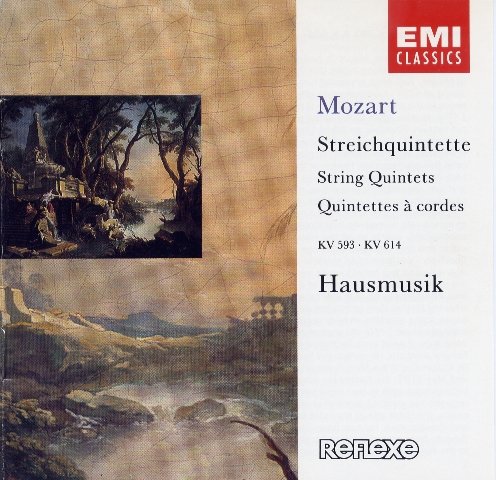
Artist: Hausmusik
Title: Mozart: String Quintets
Year Of Release: 1993
Label: EMI Classics
Genre: Classical
Quality: FLAC (image+.cue,log,scans)
Total Time: 58:26
Total Size: 314 Mb
WebSite: Album Preview
Tracklist: Title: Mozart: String Quintets
Year Of Release: 1993
Label: EMI Classics
Genre: Classical
Quality: FLAC (image+.cue,log,scans)
Total Time: 58:26
Total Size: 314 Mb
WebSite: Album Preview
[01]-[04] String Quintet in D major K.593
[05]-[08] String Quintet in E flat minor K.614
Performers:
Hausmusik
Monica Huggett, Pavlo Beznosiuk, violin
Roger Chase, Simon Whistler, viola
Richard Lester, cello
Mozart’s last string quintets, K593 and K614, were completed during the 12 months preceding his death in December 1791. The medium held a special fascination for Mozart; his Quintet in C, K515 (1787), is arguably the richest, and certainly the longest of all his chamber compositions. The first of the works recorded here by Hausmusik, K593, opens with a discursive introduction, unparalleled elsewhere in the cycle of six quintets. The hallowed Adagio ranks with the finest of Mozart slow movements, whilst the Minuet which follows exploits every contrapuntal tactic, with much adventurous writing for the lower voices. Hausmusik is among the first to set down Mozart’s original finale, included in the Neue Mozart Ausgabe (New Mozart Edition). This splendid chromatic excursion was ‘simplified’ in Artaria’s printed edition of 1793 – a travesty perpetuated until as recently as 1956. Mozart entered the E flat quintet into his thematic catalogue on 12 April 1791. As befits music lying between The Magic Flute and the final piano concerto, this celestial work combines thematic virtuosity with a sense of valedictory regret. The writing is unusually brilliant, offering first violinist Monica Huggett plenty to revel in, and one need hardly add that both she and her companions play magnificently. Hausmusik’s sole rivals, on original instruments at least, are the Salomon Quartet with violist Simon Whistler (Hyperion). The new version is an altogether finer achievement, and deserves consideration even if authenticity is not your guiding priority here. Eloquent, highly individual playing, and a recording of breathtaking inner clarity – who could possibly ask for more? -- Michael Jameson
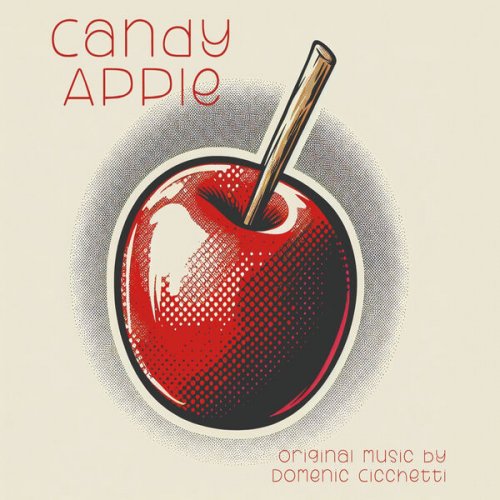
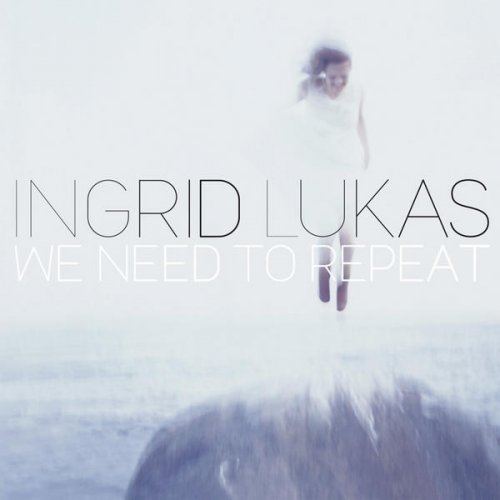
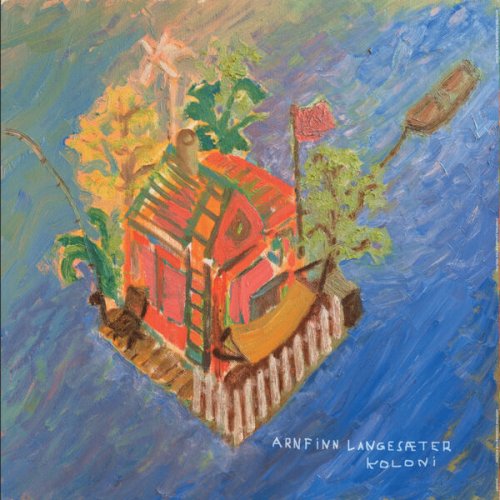
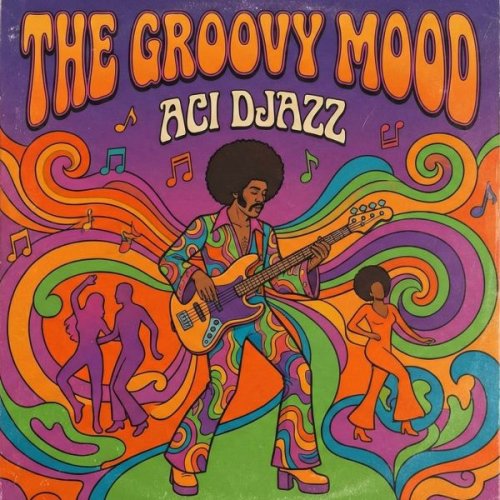
![Terrace Martin & Calvin Keys - The Near North Side (2026) [Hi-Res] Terrace Martin & Calvin Keys - The Near North Side (2026) [Hi-Res]](https://www.dibpic.com/uploads/posts/2026-02/1771141377_b80maiy5ke658_600.jpg)
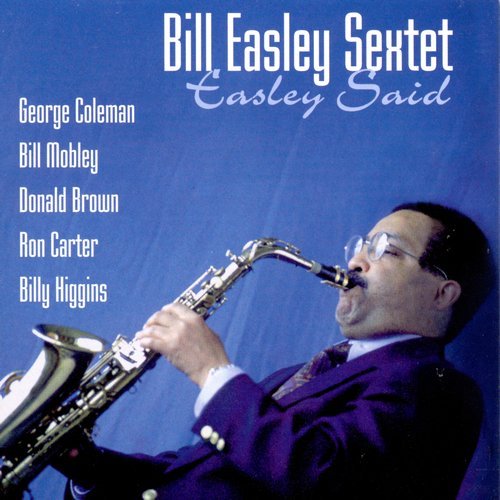
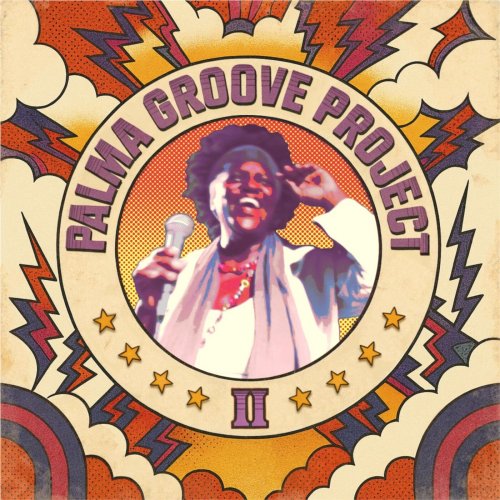
![The Seven Ups - Fight Night EP (2024) [Hi-Res] The Seven Ups - Fight Night EP (2024) [Hi-Res]](https://img.israbox.com/img/2026-02/15/1htr575jom9ce8gknmn3zynd6.jpg)
